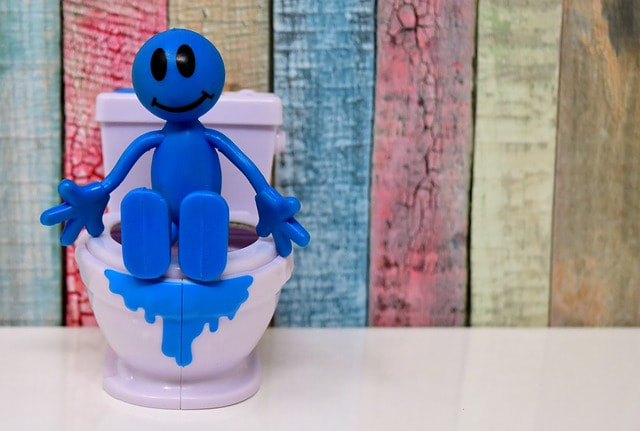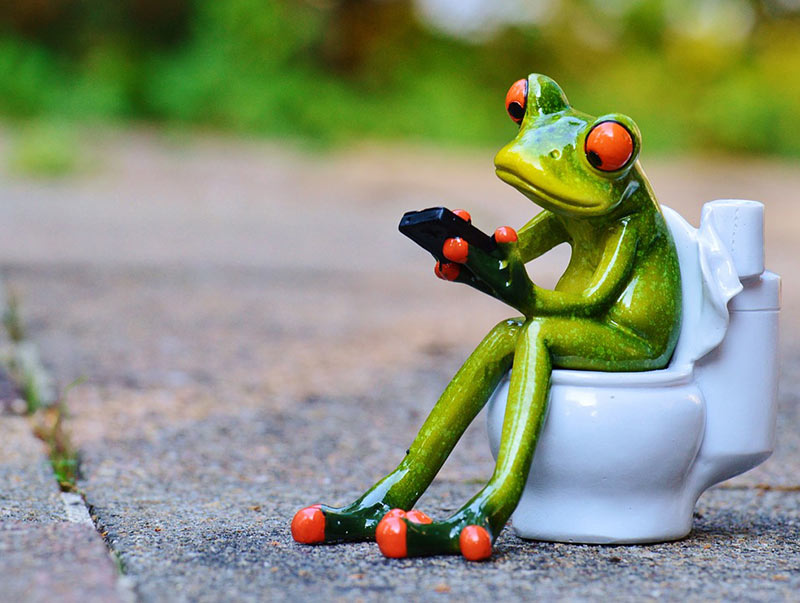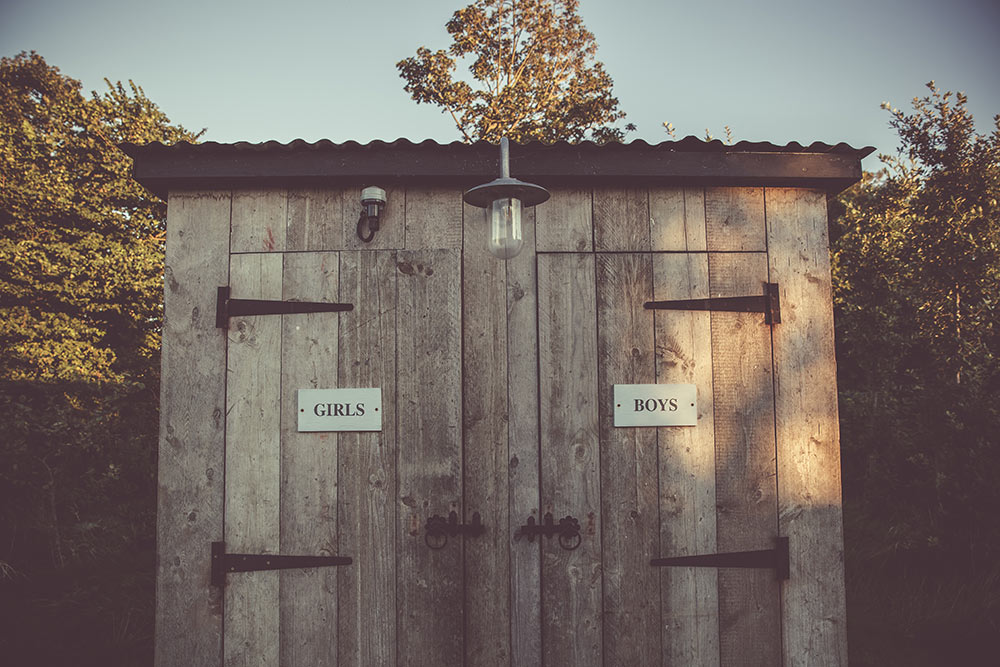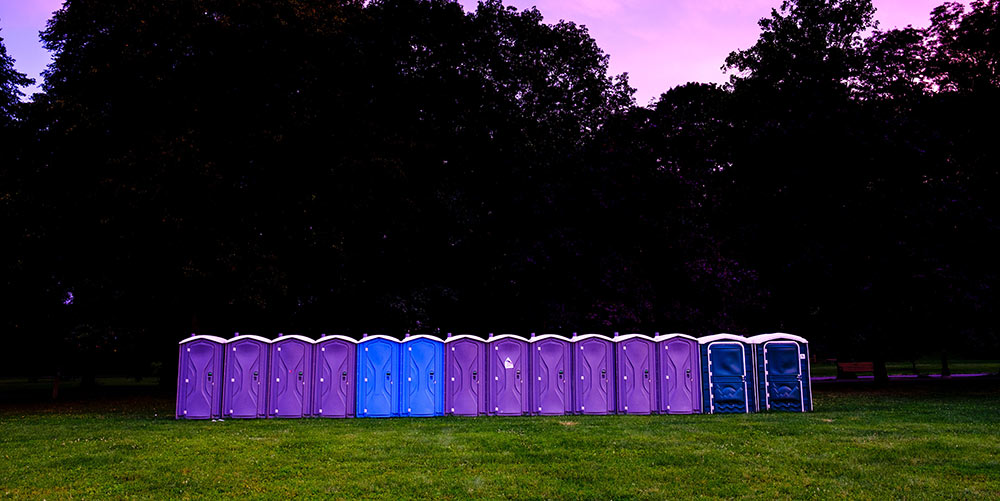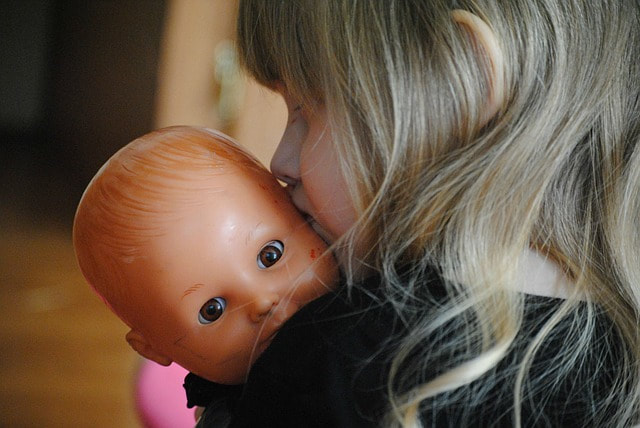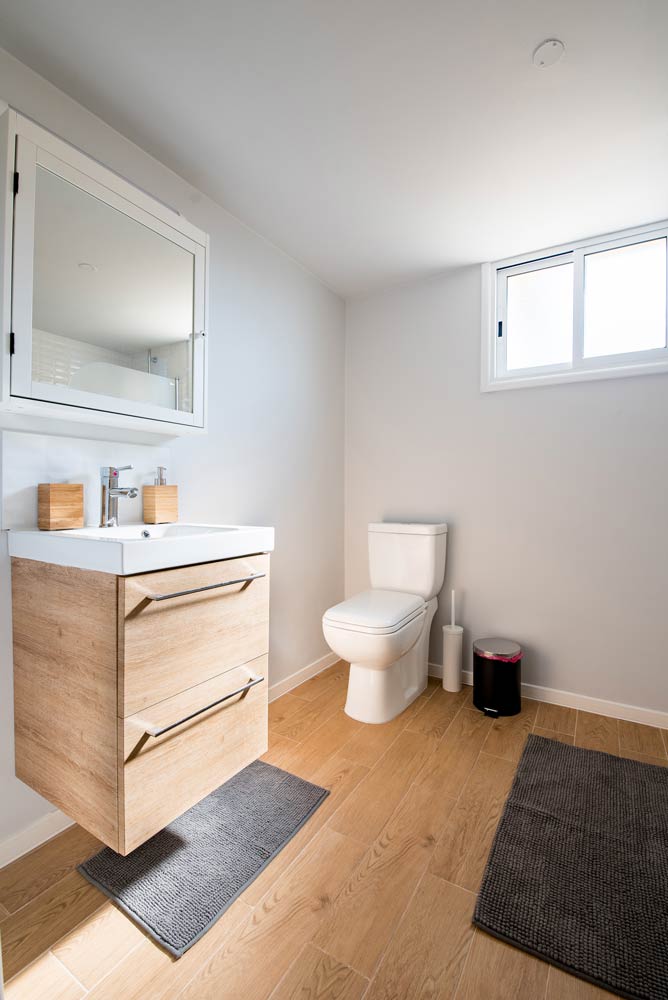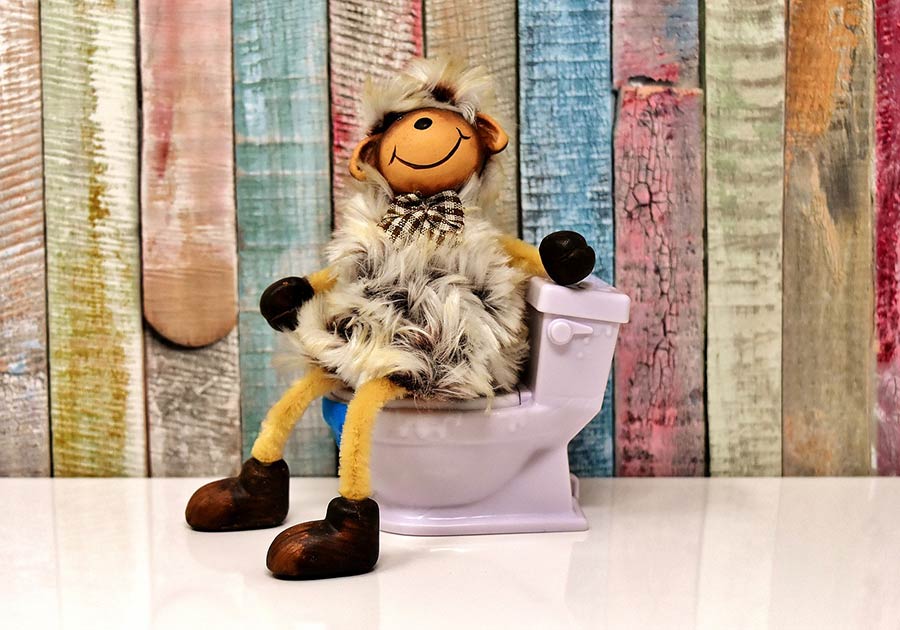Toilet Training
NYBAPS offers empirically-based toilet training for children and adolescents ages 3-15 years. Children with special needs, as well as typically-developing children, sometimes need expert assistance in learning how to use the toilet appropriately. Learning this skill doesn’t get easier with the child’s age, because longer one delays training, the longer it will take to achieve continence, and longer the child’s dependence upon caregivers. Moreover, longer time will be needed to learn new skills for the older children due to past history of failures. Additionally, lack of toileting skill can lead to problems related to school entry and reaching milestones such as going to camp or having sleepovers with friends.

